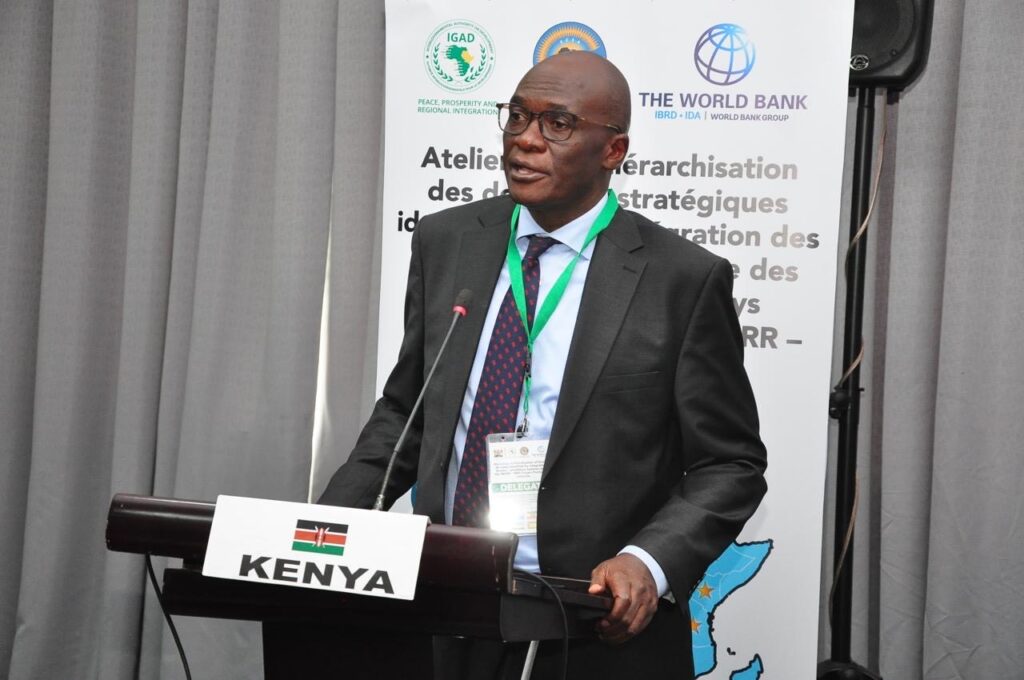The One Health approach is emerging as a central strategy in strengthening regional health security across Eastern and Southern Africa. It advocates for the integration of disease surveillance across human, animal, and environmental health sectors, recognizing that health threats are interconnected and know no borders.
This message was emphasized during a high-level consultation on integrated surveillance systems in Machakos, Kenya, where health experts and regional leaders gathered to discuss ways to enhance coordination. The event spotlighted the Health Emergency Preparedness, Response and Resilience (HEPPR) Project, which is designed to foster resilient, multisectoral health systems through a Multi-Phase Programmatic Approach.
Experts at the meeting underscored the importance of cross-sectoral collaboration in addressing emerging and re-emerging health threats such as Ebola, Rift Valley Fever, and Mpox, as well as the increasing burden of non-communicable diseases. Despite notable progress, many health systems in the region remain under-resourced and fragmented, which undermines their ability to respond effectively to public health emergencies.
The HEPPR Project presents a structured platform to tackle these challenges. It aims to strengthen early warning systems, improve disease detection, and ensure a coordinated response to health crises. Integration of existing surveillance systems was highlighted as a critical component in achieving these goals. By linking human, animal, and environmental health data, countries can identify risks earlier and act faster to contain outbreaks.
Regional collaboration is also central to the approach. Participating countries are working together to develop a shared framework that supports both national and regional health security goals. The Machakos consultation built on progress made during the 2024 IGAD meeting, identifying priority areas for integration and outlining steps for harmonizing surveillance systems across borders.
By embracing the One Health approach, Eastern and Southern African countries can better prepare for health emergencies and build resilient systems capable of safeguarding populations. The consultation concluded with a call for renewed commitment from all stakeholders to transform strategies into concrete actions that protect health and well-being across the region.

